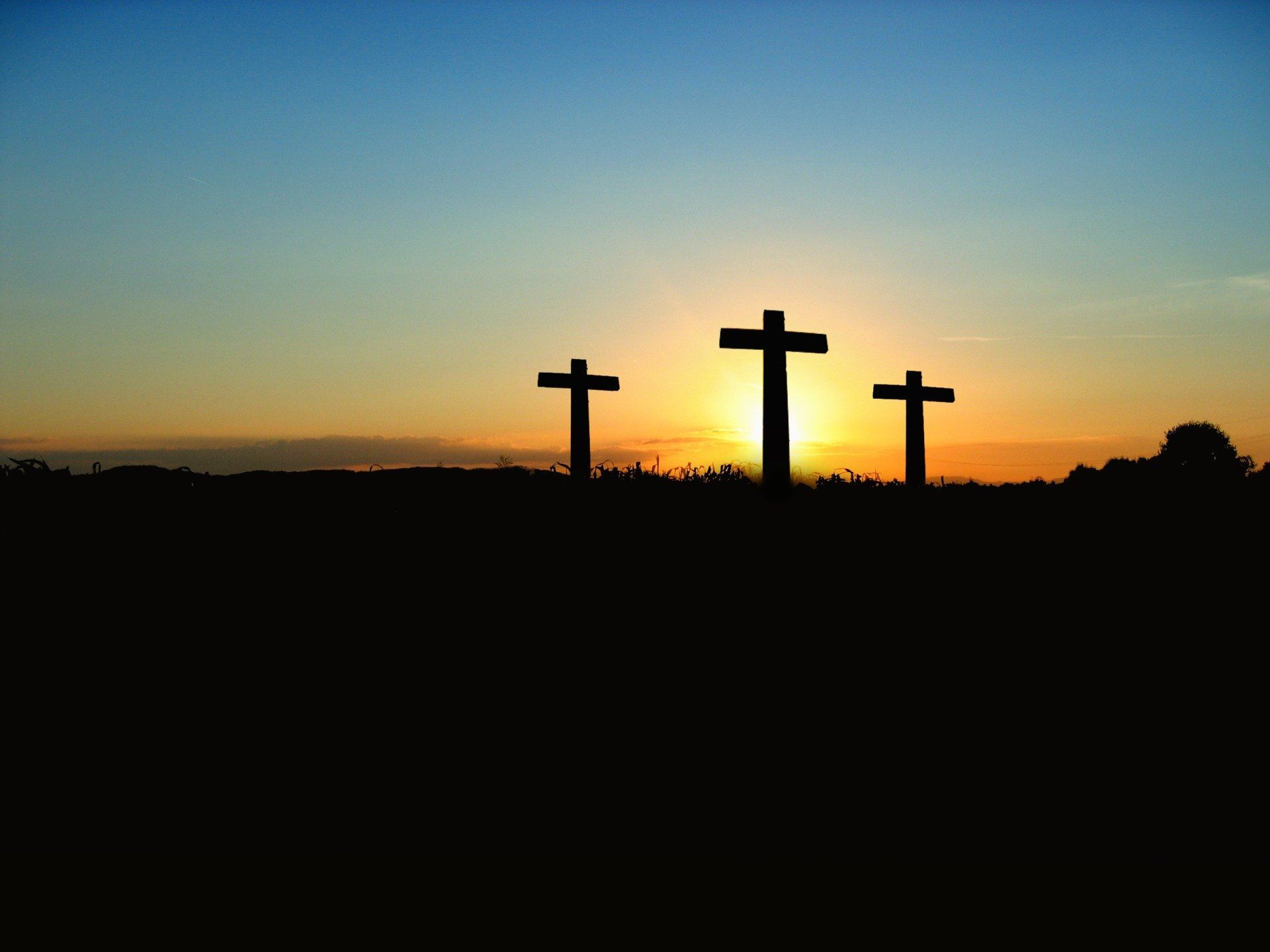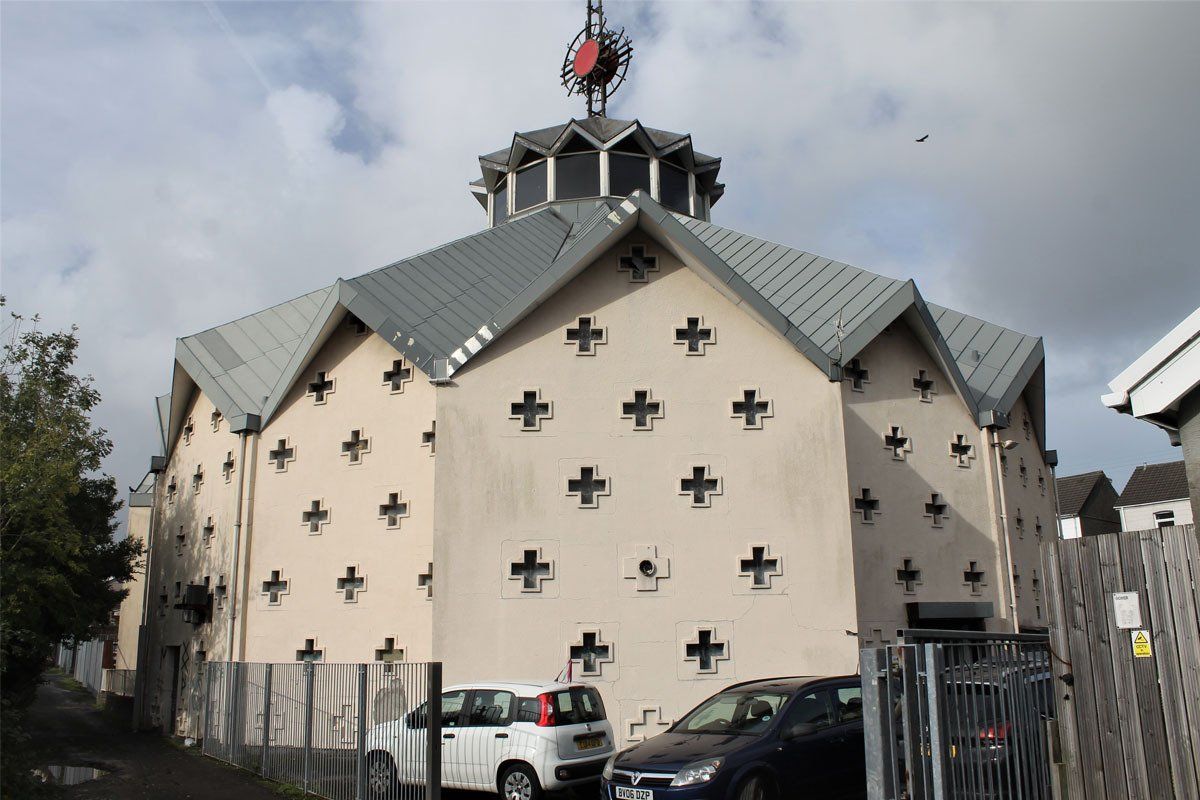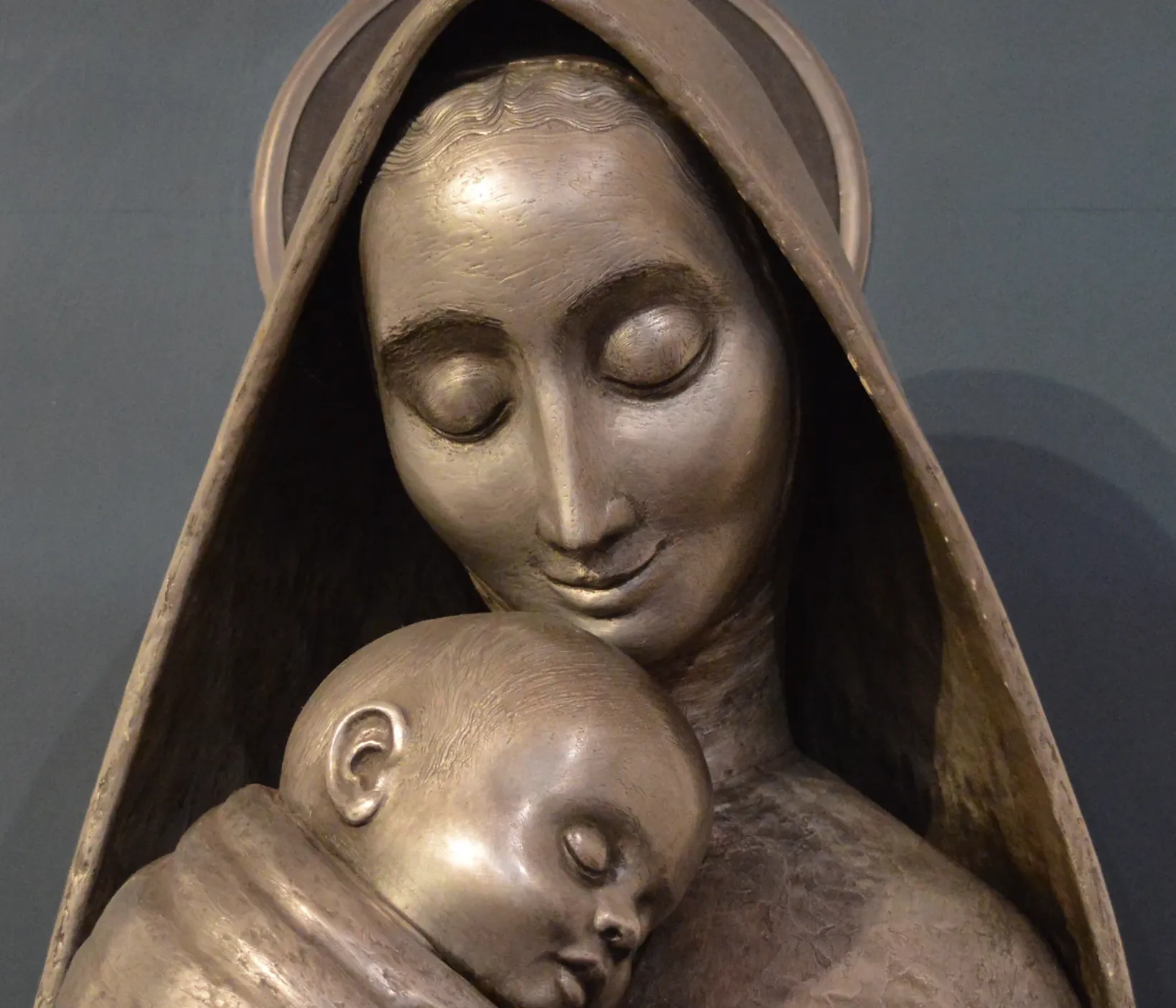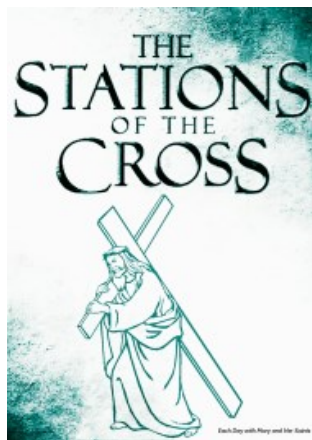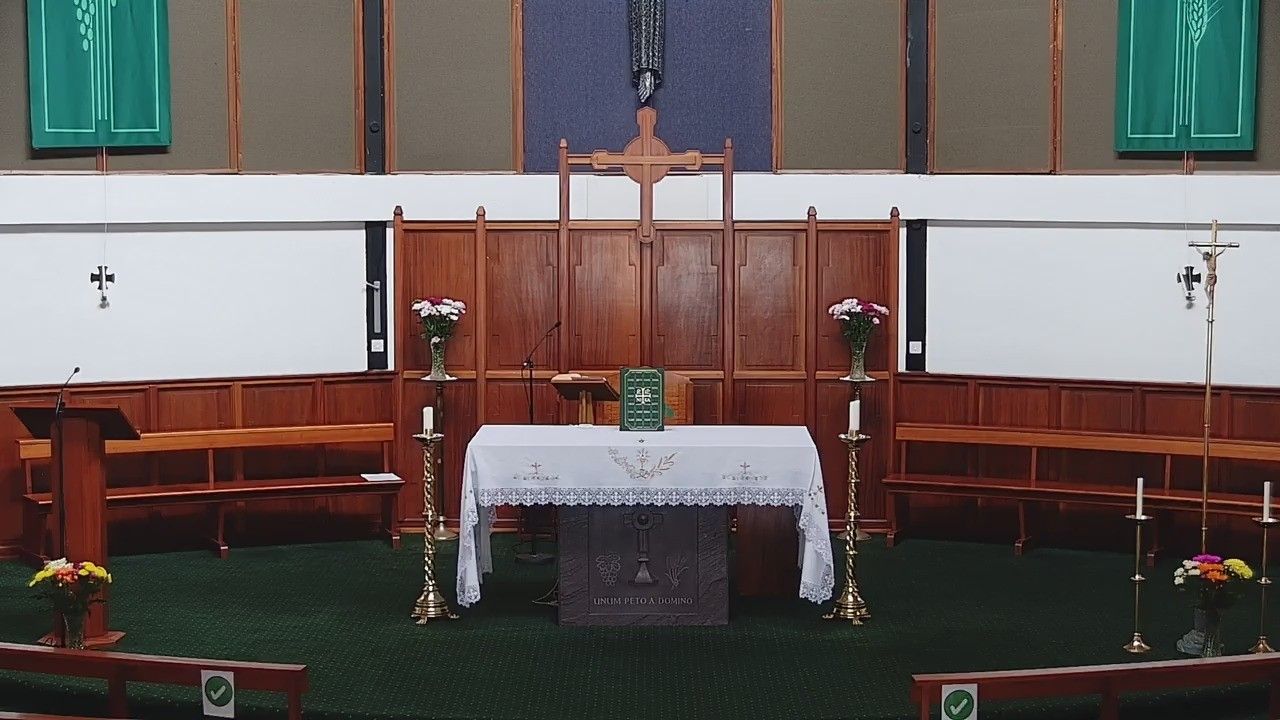Reflection 22nd Sunday of the Year
The Cost of Discipleship
If invited to pick and choose within the Gospels, and form our religion only with what appeals to us, what a cosy, comfortable church we would have! We might keep the stories about Christ’s birth and infancy, his temptation in the desert and his healing miracles. We would include our favourite parables, like the Prodigal son, the Pharisee and the Publican, and of course, the Good Samaritan. But would we leave out that Gospel for today, that hard teaching about renouncing self, taking up the cross, losing our lives for the sake of Jesus? And even if we have not removed those words from our Gospels, do we remain deaf to them in practise, in our lives?
In a way, isn’t following Christ like accepting a friend whom we must accept in full or not at all; welcoming the demands as well as the benefits of friendship? Just as we need to take people as they are, without trying to change them to suit ourselves, so with the Gospel: we accept the whole of Christ’s recorded words, because we trust him and know that his ways are truth.
So what does the Lord want from us? What does he mean by “renounce yourself,” “lose your life for my sake,” “carry your cross,” or (in the epistle) “present your bodies as a holy sacrifice?” Surely these words don’t refer to anything suicidal, to devaluing of this present life, its joys and its achievements? And yet, are these not something more than a pious way of saying: Put up with what cannot be changed? These are questions to revolve in the mind, without expecting any quick or simple solution. If we will allow, God’s Word challenges us out of any complacency with a comfortable, conforming religion. It unmasks our many evasions, our double standards, our desire for “cheap grace” — wanting salvation at cut price, unwilling to involve ourselves in sacrifice.
Perhaps a clue to this demand is in the first reading, in Jeremiah’s extraordinary accusation that he was seduced by God. Letting his prophetic vocation overpower him, Jeremiah was involved in many a thankless task. He had fallen in love with God, so that nothing held him back from doing God’s will, no matter where this might lead. Have we fallen in love with Christ? Are we seduced by him, so as to give to his service all that is ours to give? Wouldn’t that be becoming a living sacrifice?
We might overly focus on the “renunciation” in today’s Gospel so as to miss its positive aspect. All growth, all lasting achievement demands effort and sacrifice. Yet the sacrifice can be a satisfying part of experience, when orientated towards a high and valued goal. (Examples: athletic training; mountain-climbing; studying a language; practising any skill.) So, the self discipline involved in Christian life, and accepting the circumstances in which God places us, contribute to our personal destiny. And we look forward in hope to the great reward of loyal service — when the Son of man, coming in glory, will reward all according to their behaviour.
© Association of Catholic Priests Ireland
